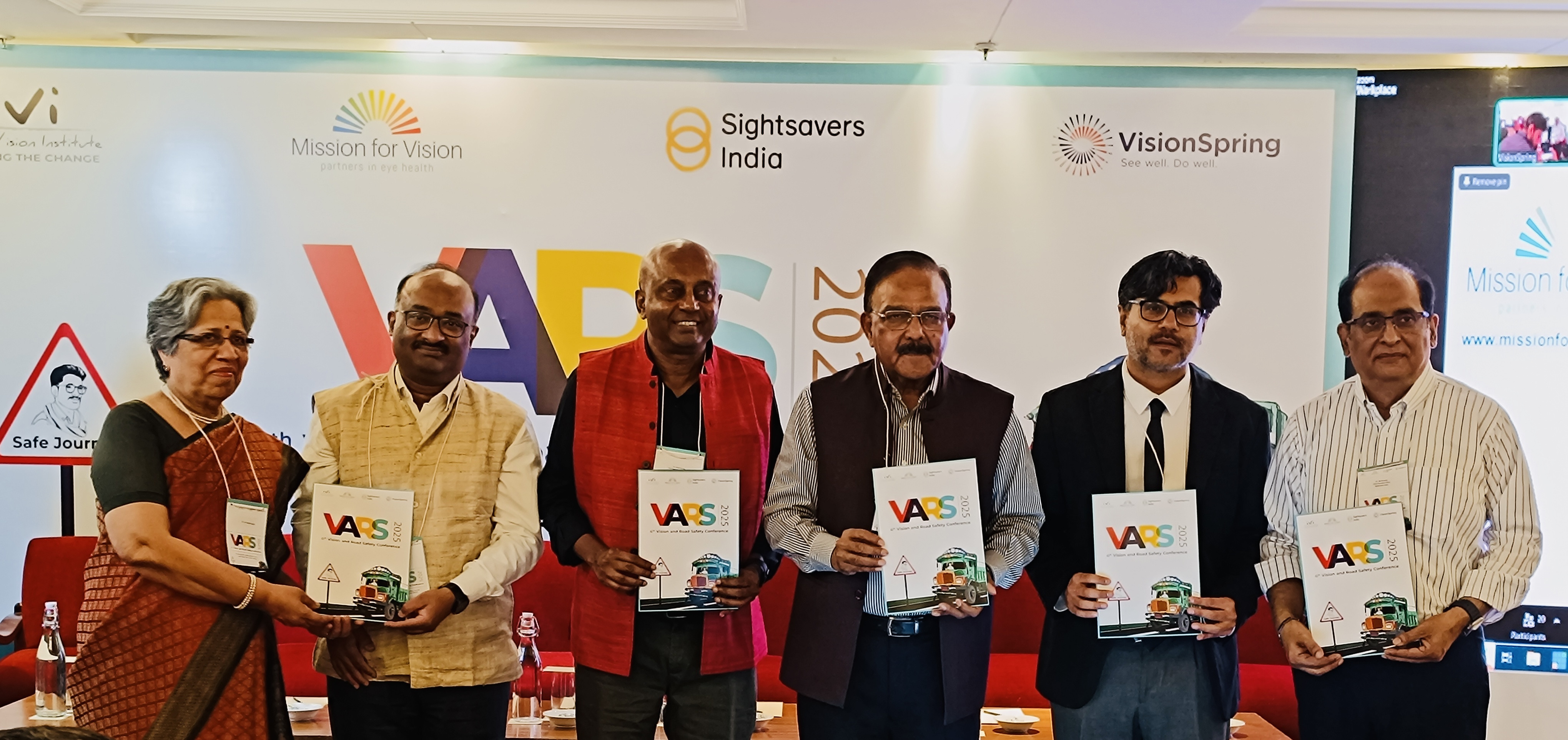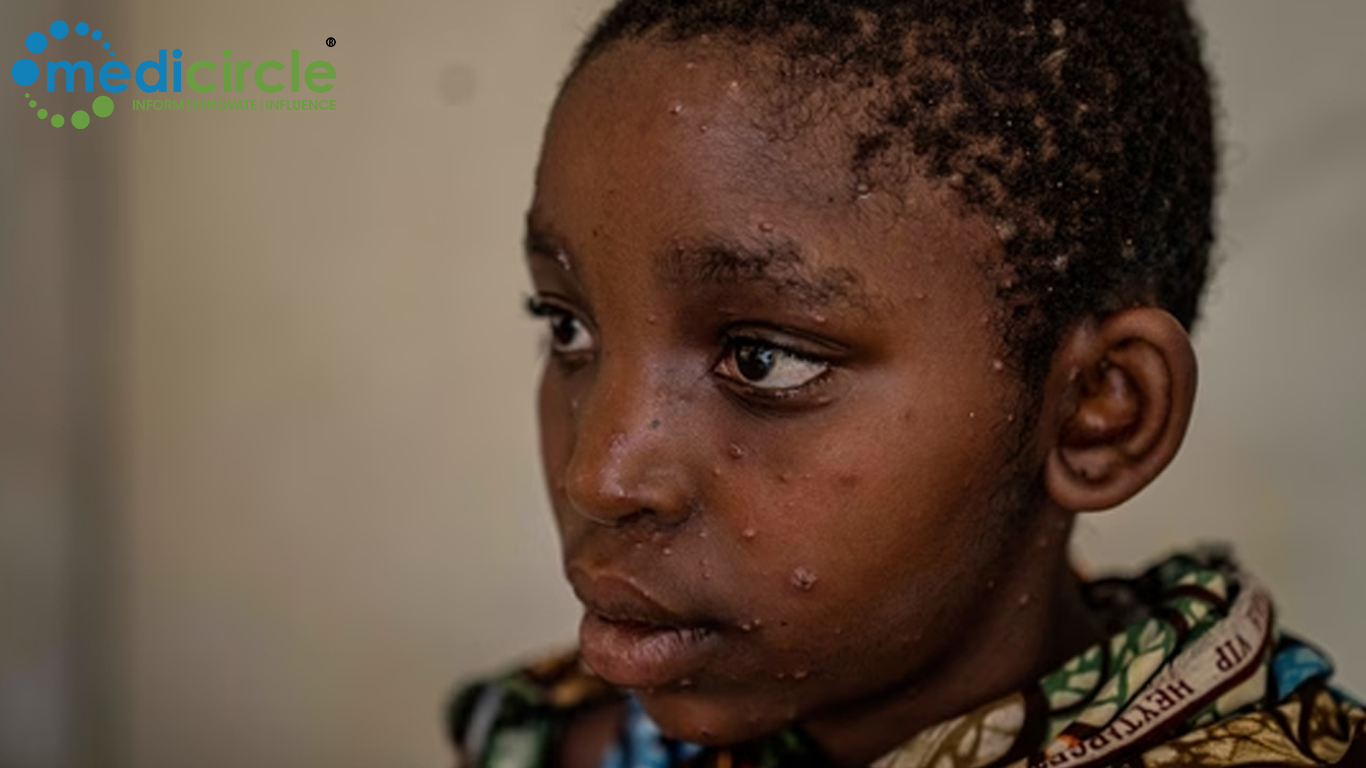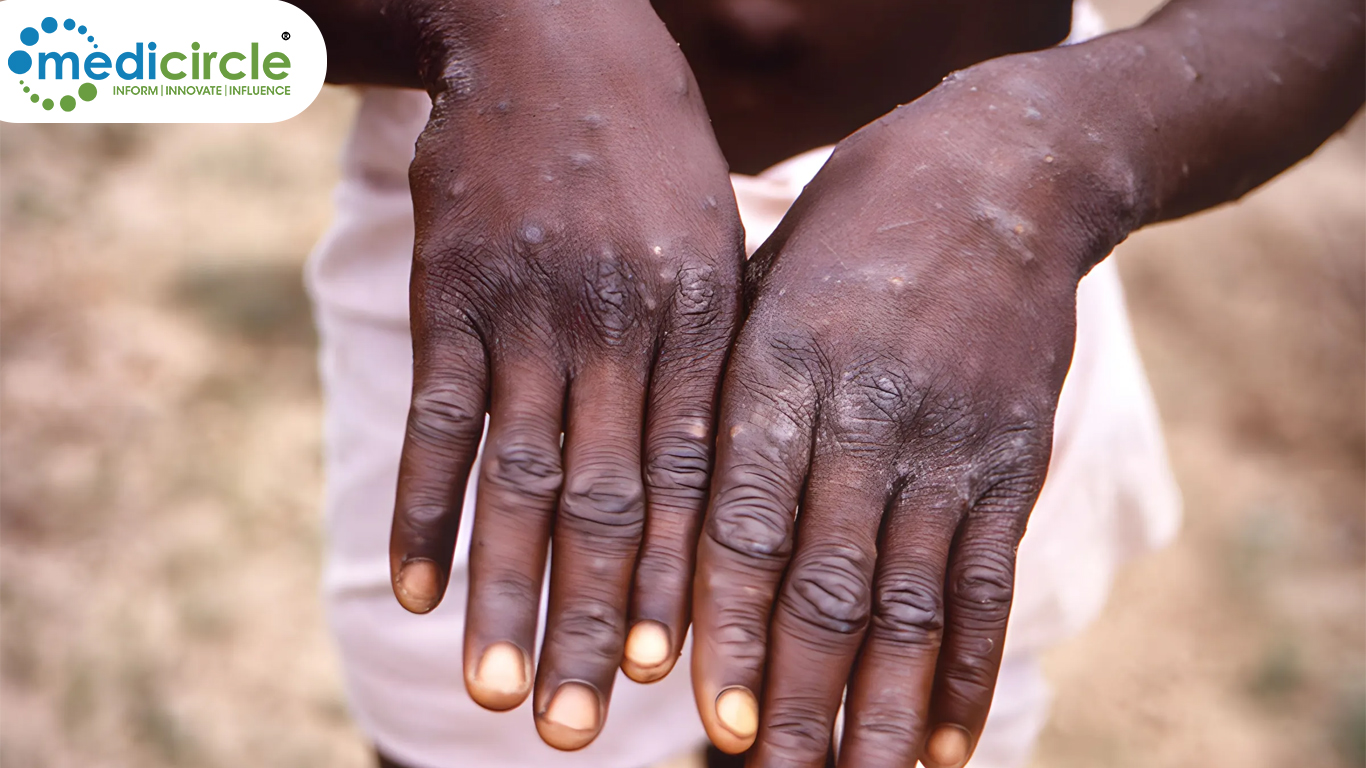As limitations ease in a staged way after almost two months of lockdown to check the spread of coronavirus, another standard has been given in Madhya Pradesh to recognize those meeting banks and gem retailers while the utilization of covers stays obligatory in broad daylight places. The state police have requested that the guests evacuate the covers for 30 seconds with the goal that they can be captured by the CCTV cameras.
The move plans to fortify security at these spots.
"It is a decent move and it will help control the crime percentage. On the off chance that somebody enters the save money with a veil on, it will be hard to recognize the individual," said a bank client.
On Monday, spots of love, shopping centers and cafés re-opened in many states as a component of what it called "Unlock1", over two months after they were shut to check the spread of the coronavirus.
In Madhya Pradesh, while independent shops were at that point permitted to re-open a month ago, those at the shopping centers additionally continued working. Banks - both state-run and private - have stayed open even as the administration declared one of the world's strictest lockdowns in March.
The utilization of veils is required at open places as a piece of the middle's rules that additionally weight on social removing among different measures. "All specialists/clients/guests to be permitted section just if utilizing face spread/covers. The face spread/covers must be worn consistently," peruses an announcement gave by the Union Health Ministry on rules for shopping centers.
Prior, the administration had additionally suggested the utilization of carefully assembled face covers. "The individuals who are not experiencing ailments or having breathing challenges may utilize the handcrafted reusable face spread, especially when they step out of their home. This will help in ensuring the network everywhere," peruses an announcement.
Madhya Pradesh is the seventh most noticeably awful hit state in the nation by the pandemic. The state has logged almost 10,000 cases up until now, in excess of 400 patients have kicked the bucket.

 Madhya Pradesh is the seventh worst-hit state in the country by the pandemic. The state has logged nearly 10,000 cases so far, more than 400 patients have died.
Madhya Pradesh is the seventh worst-hit state in the country by the pandemic. The state has logged nearly 10,000 cases so far, more than 400 patients have died.







.png)

.png)









.jpeg)



.jpg)




.jpg)





.jpeg)

.jpg)


